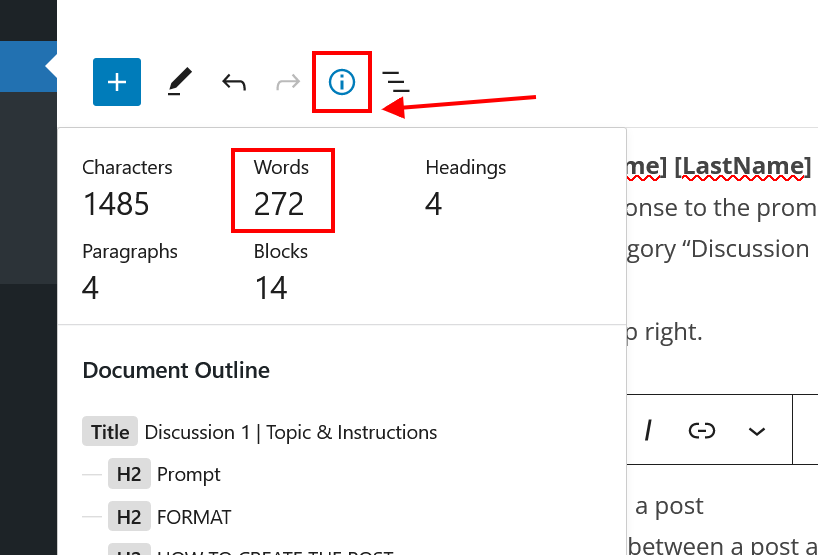Prof. Hollis Glaser
GWS 100-1300
Discussion 11
How do this week’s readings by Garza and Williams (and Anzaldua if you did the optional reading) expand your understanding of identity politics?
I first came across the word “identity politics” in a Combahee River Collective article from 1974. I have since learned that Black feminist Barbara Smith is ascribed with creating the phrase. Identity politics emerged from the need to reshape feminist movements to prioritize liberation for everyone and an expansion of inclusiveness without comparison to biased liberation that is beneficial to some while enslaving others. “Identity politics” is a political movement developed from a particular group, race, nationality, culture, or social class based on their individual experience to make a change.
To my understanding identity politics could be many things and relative in definition having said that it is a movement to liberally include all oppressed, without leaving anyone behind or opposing the liberation of the oppressed. In other words, “identity politics” comes with “power”, and is the ability to affect change that improves all irrespective of their circumstances working together to achieve a shared objective devoid of prejudice and discrimination.
I agree with Alicia Williams’ analysis that until you find yourself in a particular circumstance, you may not be aware of how you are viewed. I am a black person from Nigeria, where black people are revered as having the most beautiful skin color and I am proud of my heritage. However, not generalizing, I realized that black skin people are stereotyped when I migrated to the United States of America and I encouraged myself by walking in the pride that has been instilled in me as a black person.
What topics would you like to explore as a class in the remaining weeks of the semester? Optional: Why these topics?
Of all the classes I have taken, I am proud to say that the GWS class stands out as being exceptional because it broadens my knowledge in discussing how feminist and political identity has developed by taking into consideration of personal experiences and intersectionality that are currently having an impact on the world.
Topics to explore
- The importance of “identity politics” to form a political alliance for a universal change.
- Given that not all feminists are female or male, what role will feminism play in the near future and in generations to come?
- The need to deconstruct systematic racism and its impact in all sectors that affect human lives (including institutions, education, health, media and entertainment industries).
- How does gender issue impact feminism and the issue of gender identity and stereotypes in society?
- Why and how does feminism pose a threat to families, cultural groups, and the impact in a capitalist system?
- How has feminism been beneficial or detrimental to women and men and the impact on boys and girls?
To avoid unintentional discrimination, oppression, violence against women and men, and gender, these topics aim to better understand individual differences respectfully. They also aim to shed light on the feminist perspective in society. Additionally, it expands the right of every individual, eliminates discrimination, be aware of an act of racism, and has the ability and right to be who you want to be while accommodating others in

